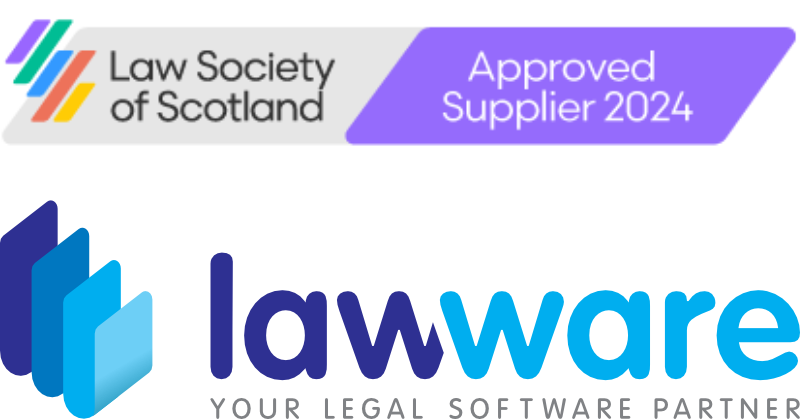
Law firms, like other businesses, must stay on top of their finances. Accounting software can help law firms manage their finances more effectively and efficiently.
This blog post discusses the features and benefits of accounting software for law firms, as well as how to choose the best software for your firm’s needs.
What is Accounting Software?
Let’s start with the basics:
- Accounting software is computer software used for recording and collecting financial data.
- It is used to track finances and make financial decisions.
- It can help businesses to maintain accurate and up-to-date records of their financial transactions.
However, when it comes to making the decision about which package to choose, many suppliers cover all these bases. So, let’s take a look at what you should next consider.
5 key considerations.
1.Improved Efficiency.
There is little point in spending hard earned income on software systems that do not make your business more efficient. So, look for software that:
- Automates manual tasks and eliminates the need for manual data entry.
- Provides financial data in real-time, allowing for faster decision-making.
- Helps to streamline processes such as invoicing, payroll, and tax compliance.
2. Streamlined Processes.
Similarly, your prospective software supplier should be able to convince you that their product:
- Automates repetitive tasks such as data entry, bookkeeping, and financial reporting.
- Allows for better organisation and tracking of financial data.
- Improves workflow processes by allowing for easy access to financial data.
3. Cost Savings.
Efficiency and the streamlining of processes go hand in hand with with cost reductions. Therefore, your choice should:
- Reduce costs associated with your existing accounting practices.
- Minimise human errors that can lead to financial losses.
- Allow for reduced overhead costs associated with hiring additional staff.
4. Increased Accuracy.
This one goes without saying. Your new software should simultaneously:
- Ensure accuracy of all financial data.
- Allow for more accurate financial reporting and analysis.
- Improve audit preparedness and hence the accuracy of financial statements.
- Keep you compliant in the eyes of the UK Law Societies and the SRA.
5. Integration.
The best legal accounts software for small and medium-sized law firms comes fully integrated. That is to say, systems that integrally connect to the case management system. This means there is no duplication of effort. You enter information once rather than twice – saving time and effort.
Conclusion.
Lastly, keep your eyes on the ball when looking at suppliers’ products. What they have to offer should specifically:
- Provide a comprehensive view of financial data, allowing businesses to make better decisions.
- Enhance data security and privacy by providing enhanced security protocols and data encryption.
- Allow for better financial forecasting and budgeting.
Without doubt, there are many things to consider before making your choice but the above list is as good a starting point as any.



